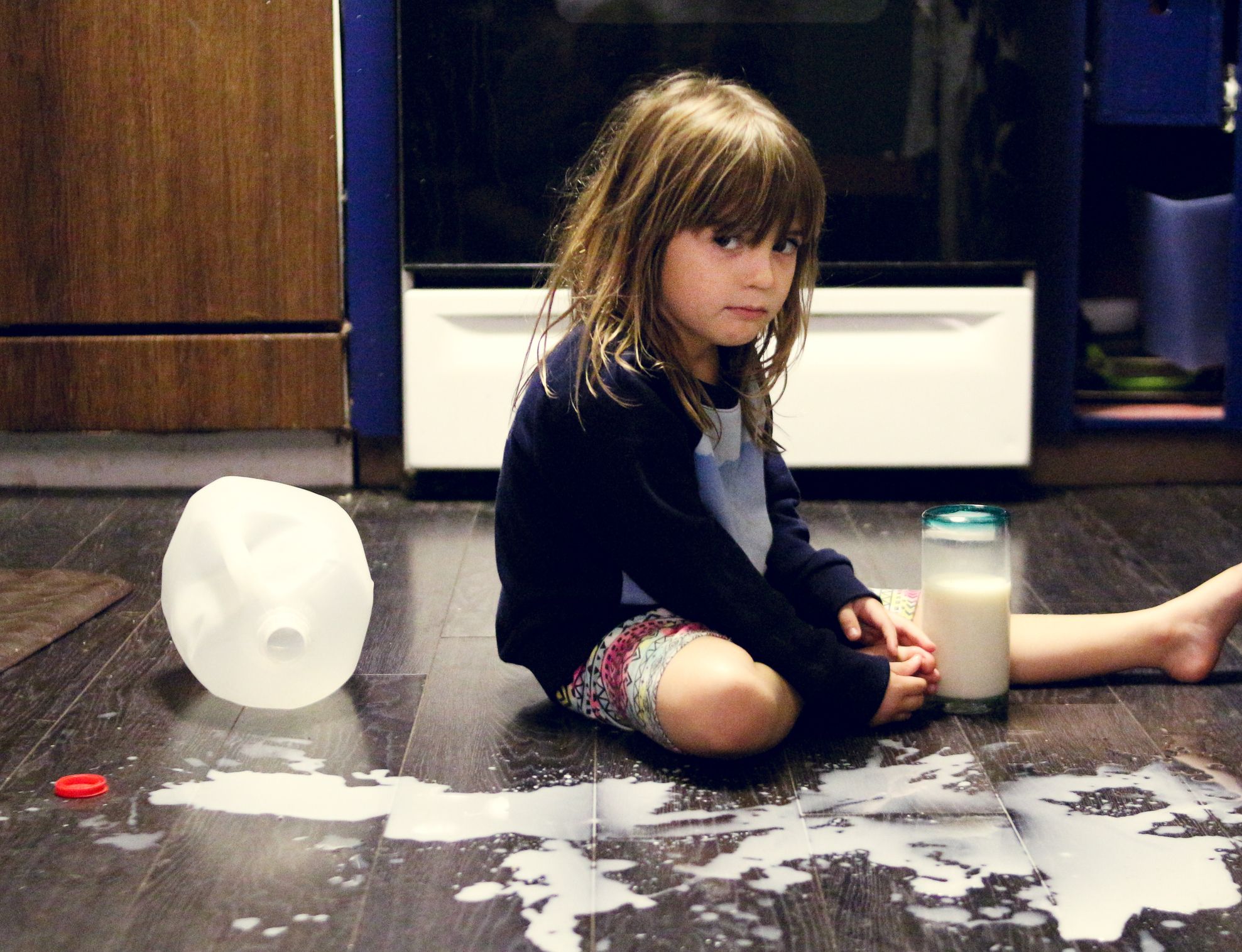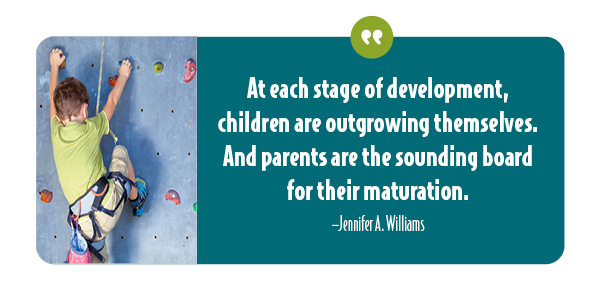A big revelation for me as a parent dramatically changed how I parented. Now, after two decades as a parenting instructor and parent coach, it turns out this same factor is a common blind spot for many parents.
But before I share this realization, ask yourself a few questions: Is my child disrespectful? And do I take my child's strong-willed behavior personally and react? Is my preteen talking back? Am I a bad parent? Do I feel helpless in knowing appropriate limits? Does my teen rebel, and is teenage rebellion normal?
Estimated reading time: 5 minutes
♥ Practice and mastery of parenting skills much longer! ♥
 Why Parents Need to Set Healthy Boundaries for Children and Teens
Why Parents Need to Set Healthy Boundaries for Children and Teens
Now, the chances are that you have previously wondered about at least a couple of the questions above.
Whether you're dealing with a strong-willed preschooler or a preteen rejecting being treated like a child, or perhaps your teen is flexing the muscles of independence, my realization is relevant and essential to remember. Here's my aha:
Our children's and teens' job is to assert themselves by testing limits through the natural unfoldment of individualization, autonomy, and development.
They are seeking to meet their needs and build skills 24/7!
For instance, you find your preschooler sitting on the kitchen floor in the middle of a gallon of split milk. You can view this as a mess you don't need or an opportunity for a teaching moment. After all, she was seeking to build a skill
—all by myself!

How you frame the experience will determine how you respond. And how you respond as a parent matters!
They're really not trying to make your job as a parent hard! (And yes, this same thought crossed my mind a few times, especially when I was stressed.)Children gain self-awareness, emotional intelligence, including self-control, primarily from how parents respond to and interact with them daily. Conscious parenting requires us to respond instead of reacting and be a stronghold for our children to become their best selves.
Setting healthy boundaries and limits for our children and teens is critical because we are their safe zone. They learn about the world in their first micro-world: the family. Children learn their place in the world, how to interact, express emotions, and regulate emotions largely through our parenting and parental responses!
 When we understand and accept that a child is developing their identity, we can provide a healthy way for them to discover themselves through firm and loving limits.
When we understand and accept that a child is developing their identity, we can provide a healthy way for them to discover themselves through firm and loving limits.
As Carl E. Pickhardt, Ph.D., states: "the antidote for rebellion is the true independence offered by creating and accepting a challenge—the young person deciding to do something hard with themselves for themselves in order to grow themselves."
Conscious Parenting Requires Self-Care and Self-Calming
Being a calm mirror and sounding board for our children is anything but easy. Being mindful as a parent requires courage, stamina, and lots of love—day in and day out.
If you're about to blow up, the best thing you can do is calm yourself. This way, you are modeling coping strategies and self-calming for your children—and you are then better equipped to reinforce the limit when you're calm.
But what if your best efforts fail and you get into a battle with your child or teen about a limit you've set for them? And it's doubly hard setting limits if you're parenting a teen or strong-willed child with high persistence in their temperament! A spirited child often has high energy and persistence that make setting limits tougher.
In times like these, we need a parenting toolbox. Many parents think that love is enough. I don't know about you, but I found myself reacting to my children in ways my parents did that I swore I would never do!
So the step-by-step process below will give you some guard rails to keep your love—and your values—intact when under pressure. With strong-willed children, having this parenting skill set is pivotal to your sanity! Many a parent has said, or at least thought, "My kids are driving me crazy!"
Practicing these crucial steps will help you feel more confident as a parent no matter what is thrown at you!
And following these steps for setting healthy boundaries and effective limits for children and teens will also help you reinforce vital limits effectively.
Steps for Setting Effective Limits for Children and TeensSTEP 1: Check in with yourself. Self-calm as needed. STEP 2: Get at the eye level of the child or teen to create safety. Avoid towering over them for better results. STEP 3: Establish friendly eye contact. If you're glaring at them, it will create a lack of safety and your teen is more likely to react. STEP 4: Clearly ask for what you want in a firm and kind tone of voice. We need to be firm. Yet, if we do not also keep in mind how to convey our love, our limits and boundaries may be interpreted as trying to control them, especially with teens. STEP 5: Empathize with any emotional reactions to help the child (or teen) feel heard. Empathy doesn't mean approval of their behavior or agreement; empathy creates understanding and will help diffuse charged emotion. STEP 6: Restate the limit clearly in a neutral tone of voice. Reaffirming the limit after things calm will increase the likelihood of success. STEP 7: Acknowledge and validate your child (or teen) when the limit is respected. As parents, we often forget to circle back and affirm our child or teen when they have responded effectively to our requests and honored our limits. |
Remember, it's your child's job to test your love and the limits!
Parenting is a challenging, full-time job, and setting effectively limits takes practice. Be sure and take great care of yourself so you can be at your best!
And when your toddler whines or your teen defies you, be ready to use the steps above for more peace and better communication in your relationship.
You deserve a full toolbox as a parent!
To be the best parent you can be, it's critical to get in touch with visionary parenting, a parenting style that flows from unchanging values and principles. Visionary parenting keeps the long game in mind. In this parenting, we respond in daily life to support long-term goals for our children. Our responses are the building blocks of raising children to become honest, responsible, loving, and free-thinking adults.
 for our HeartMail newsletter filled with parenting tips and proven tools to make your parenting job easier and more fun!
for our HeartMail newsletter filled with parenting tips and proven tools to make your parenting job easier and more fun!
The above steps of setting effective limits, come from the Redirecting Children's Behavior course that I teach as a parenting instructor and trainer for the International Network for Children and Families, authored by Kath Kvols.








